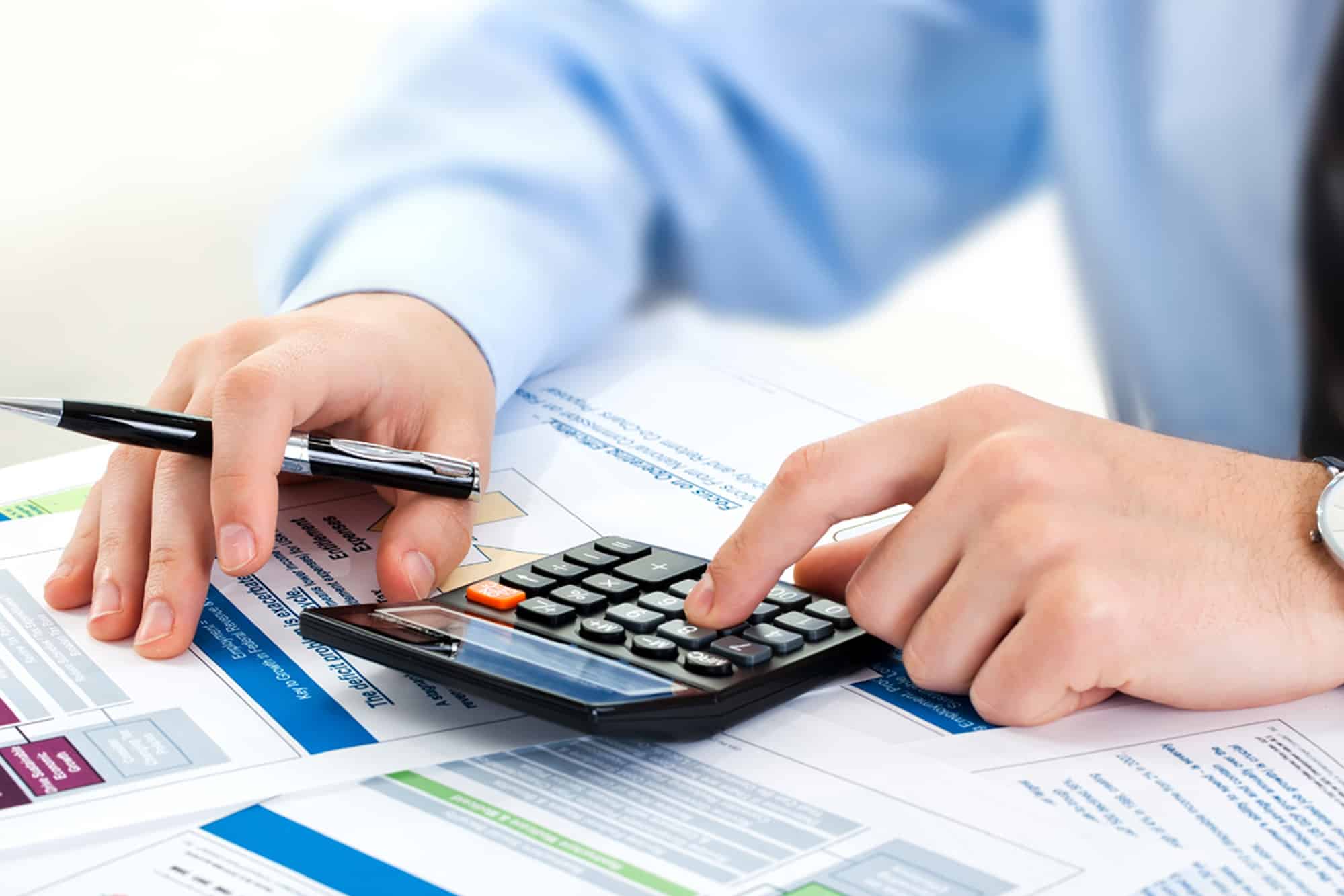The UAE-VAT treatment for Reimbursement and Disbursement of expenditures is fraught with uncertainty. As a result, we must comprehend these words before delving into their VAT implications.
VAT Treatment - Reimbursements and Disbursements
A business may incur expenses on behalf of a party and subsequently recover such expenses. The nature in which such expenditures may be incurred by the business determines the VAT recovery from the party.
The VAT treatment of the subsequent recovery of expenses depends on whether the recovery is tantamount to a “disbursement” or “reimbursement”
Disbursement Expenses: Out of scope of UAE VAT as there is no supply.
Reimbursement Expenditures: Falls in the category of taxable supply and hence, taxable.
Let’s see why disbursement expenses are not taxable and why you have to pay VAT on the reimbursement expenses? First, let us understand these terms as per the UAE VAT law to answer this question.
What is a Reimbursement?
Reimbursement is the recovery of an expenditure made on your client’s behalf as a principal while delivering products or services. Such a recovery made from the party on whose behalf the payment is made is “Reimbursement” which is considered a supply and is subject to VAT.
When you purchase any goods or services or make payments in the capacity of a principal for another person, your expense will fall in the category of reimbursement expense.
Identification of Reimbursement Recovery
The following characteristics can help to identify reimbursement transactions where the individual incurring the expenditure in a capacity as a principal:
- In its own right and capacity, the party incurred costs.
- The party who incurred the expenses received products or services.
- The provider issued a tax invoice in the principal's name and the principal is under legal obligation to make payment for it.
- If the supply includes any goods, the principal that spent the money must own it before making any future supplies to another party.
What is a Disbursement?
As an agent, it costs you to deliver products and services to your clients, and disbursement refers to recovering such costs that you incur on the principal’s behalf. A disbursement isn’t a supply, so VAT is not applicable because the client is the buyer and receiver of the goods or services; the agent pays on their behalf.
- If you served as an agent, the recovery would be in the form of a payout.
- The other party should be the recipient of the goods or services
- The other party should be responsible for making payment to the supplier.
- The other party should have received an invoice or tax invoice, as the case may be, in its own name from the supplier;
- The other party should have authorized you to make the payment on his behalf;
- The goods or services paid for should clearly be added to the supplies you make to the other party;
- The payment should separately be shown on the invoice and you should recover the exact amount paid from the supplier, without a mark-up.
Identification of Disbursement Recovery
The following characteristics can assist in identifying disbursement transactions where the individual incurring the expenditure was paying only on behalf of the principal:
Reimbursement Recovery vs. Disbursement Recovery
The main difference between the two is in the VAT treatment. While disbursement is not taxable, reimbursement is taxable. Check the differences:
When you are not a supply recipient nor party to the supply contract but act only in the capacity of an agent, the recovery of the said expense is disbursement.
But if you are a party to the contract and the principal the recipient supplies of goods or services, the recovery of costs is a reimbursement.
Tax Invoice and the Authority to Alter Expense Value
In the case of disbursement, the supplier issues the tax invoice in the client’s name, and the agent has no power to alter it but claims the total amount from the client.
But if it is a reimbursement, the supplier issues the tax invoice in the principal’s name, and the principal can alter the expense value during recovery.
Conclusion
You must analyze your cost recharges to determine if the classification of expenditures is accurately determined as either disbursements or reimbursements in compliance with the criteria mentioned under UAE VAT law.
Need a Tax Consultant?
At Flyingcolourtax, we have a dedicated team of tax experts who can guide you on UAE VAT compliance matters and explain every applicable VAT provision to you. Our qualified professionals can also assist you in accounting, auditing, company registration, and PRO requirements.
Book your free consultationwith us to know more about the comprehensive services.
To learn more about Reimbursements and Disbursements: What is the UAE-VAT Treatment?, book a free consultation with one of the Flyingcolour team advisors.
Disclaimer: The information provided in this blog is based on our understanding of current tax laws and regulations. It is intended for general informational purposes only and does not constitute professional tax advice, consultation, or representation. The author and publisher are not responsible for any errors or omissions, or for any actions taken based on the information contained in this blog.
